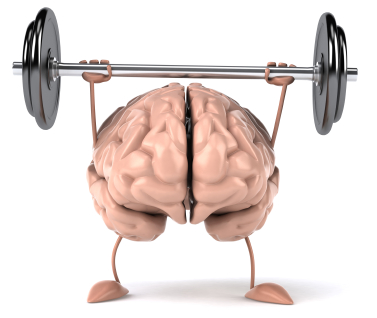
Learning is more effective when it is an active rather than a passive process. -Euripides
One young woman starting work in a new office shortly after graduation told me, “I’m having such a hard time at work. It’s like everyone speaks a different language.” I knew immediately what she meant.
The first foray into any new culture leaves you feeling dense and clueless. There is a sea of new faces—people that use unknown terms and acronyms within an unfamiliar hierarchy in an uncharted building.
She’s lucky, she is young and can memorize quickly, while people like me have to exert some serious effort to get up to speed.
When wanting or needing to learn something, it is important to analyze not only the specifics of what we need to learn but how much we need to learn. We don’t need to know the history or schematics of a hammer in order to use it successfully. Narrow your learning efforts to a specific learning level.
Whether you want to learn the new computer program at work, are interested in playing an instrument, or need to repair an old appliance, there are techniques you can use to dramatically increase your knowledge and performance quickly.

1. Get Instruction
Whether online or in-person, find a “teacher.” Depending on how you learn best, choose your instructor—be that a person or book. Even small communities have instructors and courses available, and there are nearly limitless resources online.
If a hard-copy manual or guide is available, familiarize yourself with the material. If not, look it up on the internet and make an electronic or paper copy that you can refer to, mark up and edit.
See if there are step-by-step video instructions. Ask an office expert if they are available to answer questions and/or find a chat room devoted to the topic at hand. This should be quick—the focus is to eliminate misconceptions upfront and to get a good, basic idea of what is involved.
2. Practice as Needed
Ignore the “10,000-hour rule”—it doesn’t apply to this situation. You’re probably not training to become a concert violinist, a chess grandmaster, or a software programmer; the goal is to become good enough for your own purposes.
Many useful skills can be learned in less than an hour. My husband and son dismantled, replaced the water pump, and reassembled my broken washing machine in a couple of hours. They used an online video to identify the problem, then started, stopped, and replayed it while doing the actual work.
For complex cognitive and motor skills, 20 hours of practice will take you from knowing absolutely nothing to performing noticeably well. That’s roughly 40 minutes a day for a month. Just make sure you’re practicing correctly.

3. Memorize
Memorization may not be needed in every area, but let’s face it, that’s what practice is all about. For tasks involving motor skills, practice helps you build a “muscle memory” that allows an action to be performed without conscious effort.
What we normally consider memorization—used for names and dates, and procedures—requires practice as well, but the repetitions should be done differently. Studies have found that if a new acquaintance’s name is mentally repeated 100 times in succession, the brain counts that as just one repetition and you will forget it quickly.
However, if you do 10 repetitions at time intervals that start at 15 seconds and then progressively double the time between (i.e., 30 seconds, 1 minute, 2 minutes, and so on), you will remember what you learned much better.
For example, if introduced to a new person, write a brief description of them on the back of their business card. Then ask yourself, “What was that person’s name?” You may look at the description, but not the name until you’ve answered.
By the time you have asked and correctly answered the name 10 times in the intervals suggested above, you’ll have learned the name. It is important to answer a question (not just repeat the answer) and do it at increasing intervals. There are memory aids for all types of learning available on the internet.
If you decide to pursue a skill beyond basic mastery, the same rules apply. It is important to have a good source of instruction, practice is still paramount, and memorization may be needed as you advance to higher levels of knowledge and achievement.
Life should be all about learning, even if you don’t have 10,000 hours.
Smiles,
Kathy

-1.png)

